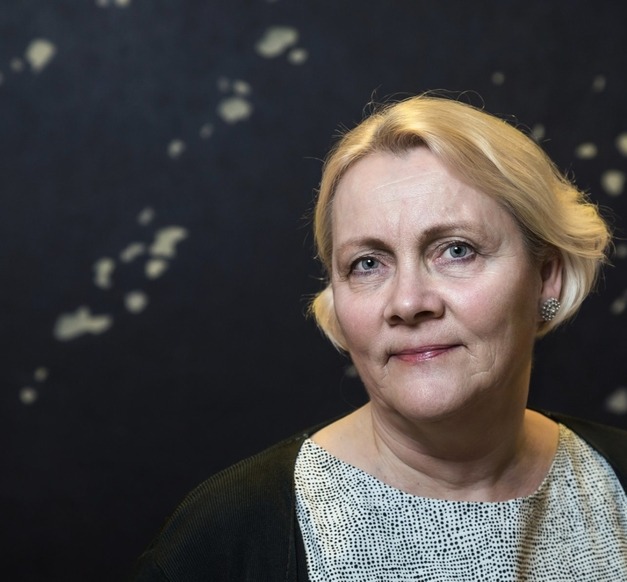Skúlína H. Kjartansdóttir, doctoral student and adjunct lecturer at the School of Education
The Center for Research on ICT and Media in Education has recently been involved in a major international collaborative project on children and the use of digital media. The project is entitled MakEY (Makerspaces in the early years) and is funded by the European Union. This is an enormously far-reaching project with participants from six European countries besides Iceland: Denmark, Germany, Finland, Norway, Romania and Britain, as well as the United States, Canada, Columbia and Australia. The Icelandic research team comprises members from the University of Iceland, the University of Akureyri, Innoent and Innovation Center Iceland.
The project has four primary aims: to further research and innovation in the area of young children's digital literacy and creative design skills; to strengthen participants' research skills in this field; to develop a network of researchers and creative industry professionals; to offer recommendations for research, policy and practice about the way in which makerspaces for children aged 3-8 can be developed in both formal and informal learning environments.
Skúlína H. Kjartansdóttir
"There is little doubt that young children are becoming regular visitors to a digital world that could have a complex impact on them."

From a young age, children are aware of the interactive environment offered by smart devices and there are some indications that use of such devices stimulate children's creativity and imagination. "The objective of the MakEY project is to investigate how technological and creative workshops can encourage digital literacy, design skills and creativity in children aged 3-8. Also to further research and innovation in the field of digital literacy and creativity in children in order to foster competitiveness and economic growth in Europe," says Skúlína H. Kjartansdóttir, doctoral student and adjunct lecturer at the University of Iceland School of Education, one of the members of the Icelandic research team.
The project was inspired by the fact that there is limited information available on the digital literacy and experiences that European children are acquiring. "There is little doubt that young children are becoming regular visitors to a digital world that could have a complex impact on them. This is an interesting subject for those working in education, because skills in this area are valuable for these children's futures and necessary for a society that wishes to build on innovation and organise itself in keeping with technological developments," Skúlína adds, and it is quite clear that a project like this is highly significant when it comes to forming education policy.
The research team has various things planned before the project ends in 2019. "The group will continue to organise exchange visits to other partners; several visits have already taken place for the purpose of familiarising ourselves with makerplaces and consulting with foreign scholars. Part of the group has been working on creating an academic foundation and expanding the research, gathering data by surveying teachers of young children and museum professionals on their opinions on digital technology workshops (makerspaces). We also plan to carry out several case studies in Iceland on the kind of environment that produces makerspaces and their setup over the next few months."


